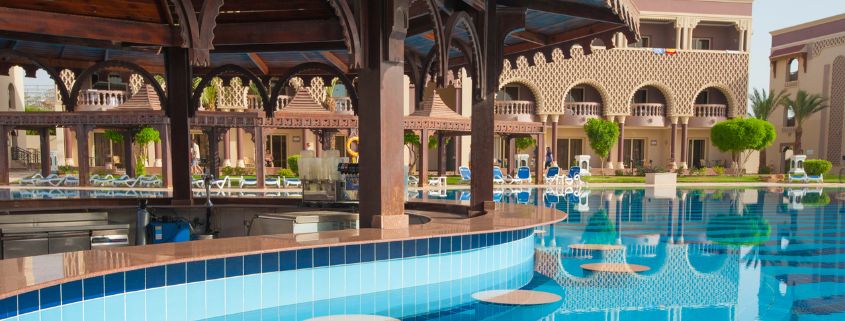Does your association include facilities that serve and sell alcohol? Is the association property zoned to permit alcohol-related uses? Does your association hold any alcoholic beverage licenses from the Florida Department of Business and Professional Regulation’s Division of Alcohol Beverages and Tobacco (“Division”) and corresponding local government approvals and, if so, what is the geographical area the license/approval covers? Does your association permit “BYOB” consumption by its members or residents? Does your association have a policy governing the handling and distribution of alcoholic beverages on association property? These are all important questions for an association to ask to understand its obligations, its restrictions, and potential liability related to alcohol consumption on association property.
Many associations that include a tennis, golf, or beach club or a restaurant hold active alcoholic beverage licenses from the Division. One example of such a license is an 11C which is a type of retail beverage license for certain clubs and permits the sale of beer, wine, and liquor for consumption on premises (“COP”) by the drink for members and members’ guests only. See §§ 561.20(7) and 565.02(4), Florida Statutes. Package sales are not permitted under an 11C license. By comparison, a special restaurant alcoholic beverage license (“4COP-SRX”) can be obtained if certain requirements are met and permits associations to sell beer, wine, and liquor for COP in connection with a restaurant. However, the restaurant must derive 51% of its revenue from food and non-alcoholic beverages to qualify for this special license, along with other requirements. If this percentage cannot be met and maintained, the restaurant would not qualify for the special license and would then be required to obtain a regular or quota license to sell liquor. See §§ 561.20(2) and 565.02(1)(b-f), Florida Statutes. Both 11C and 4COP-SRX licenses are specific to a certain geographical, licensed area (e.g., a restaurant, community room).
The Division has relatively broad authority in revoking or suspending alcoholic beverage licenses and such revocations or suspensions can be based on violations of either the licensee or others on the licensee’s establishment under Florida law. Pursuant to statute, if an association, as a licensee, violates Florida Beverage Law or permits others on its premises to violate same, it can lose its alcoholic beverage license and be subject to additional penalties. In other words, to the extent a community association holds an alcoholic beverage license, it is responsible for maintaining domain and control over the distribution of alcohol on the licensed premises and may have additional liability exposure under Florida Law.
As a practical matter, the specter of alcohol related liability is best managed through insurance. It is recommended associations consult their insurance carriers to assess the risks associated with permitting residents to serve alcohol on the licensed premises or association property generally and for guidance as to what insurance coverage is recommended. Associations are also encouraged to consult their legal counsel about any applicable licensing requirements, the permissibility of alcohol-related uses under the property’s zoning, potential violations of Florida Beverage Law and resolving same, and recommended policies pertaining to alcohol consumption and distribution aimed at minimizing the liability exposure for associations.
Originally posted on floridacondohoalawblog.com Written by Kathleen O. Berkley, AICP of Becker & Poliakoff, P.A.,

